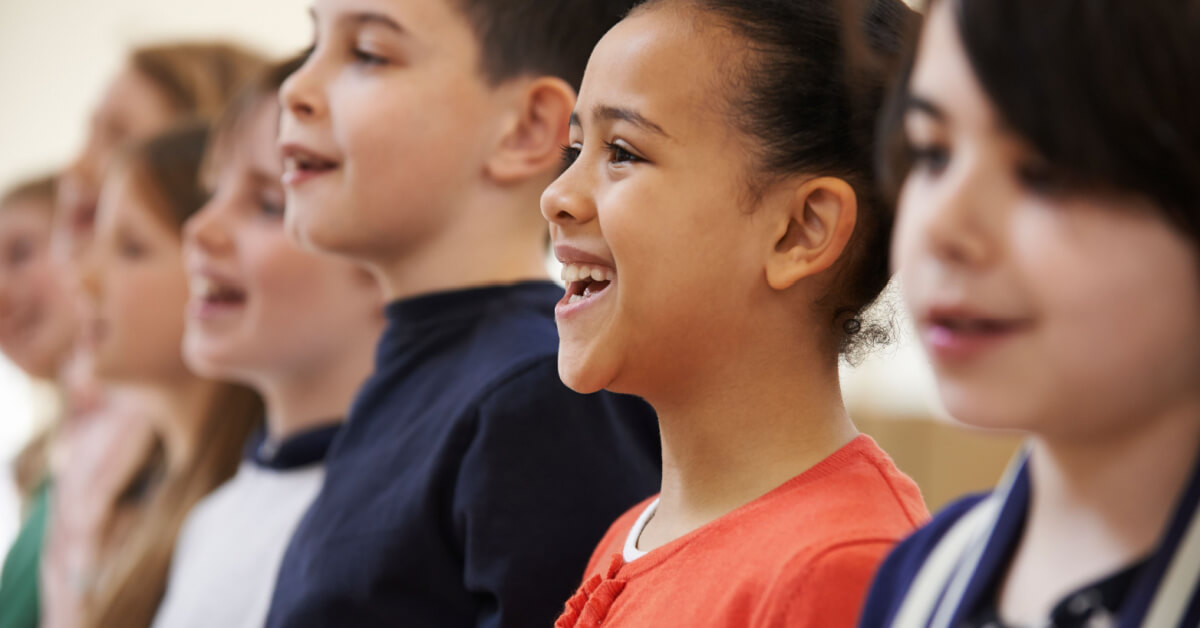March 29, 2023
Building Character
When the Covid-19 pandemic began, it was difficult to find an article about adolescence that didn’t mention the uptick in anxiety among young people, including those in middle school. These writers identified the causes of anxiety: the rise of the smartphone, the divisive nature of social media, and the global pandemic itself, and then noted how anxiety was causing harm to children’s self-confidence and self-worth.
More recently, however, I’ve noticed a paradigm shift in discussions about anxiety. Tracy Dennis-Tiwary’s recently published book Future Tense: Why Anxiety Is Good for You (Even Though It Feels Bad) provides an illustrative example. Making the case for a new mindset, she urges readers to leverage anxiety and grow from it while “reclaiming anxiety as our friend and ally.” Her book prompted me to listen to Oliver Burkeman’s book, The Power of Negative Thinking. Like Dennis-Tiwary, Burkeman claims that experiencing negative thoughts, such as fear and anxiety, is simply a part of being human and that normalizing such feelings can actually help us find more joy and success in our lives.
As a middle school head at an independent school, I’ve seen well-intentioned parents do all that they can…


